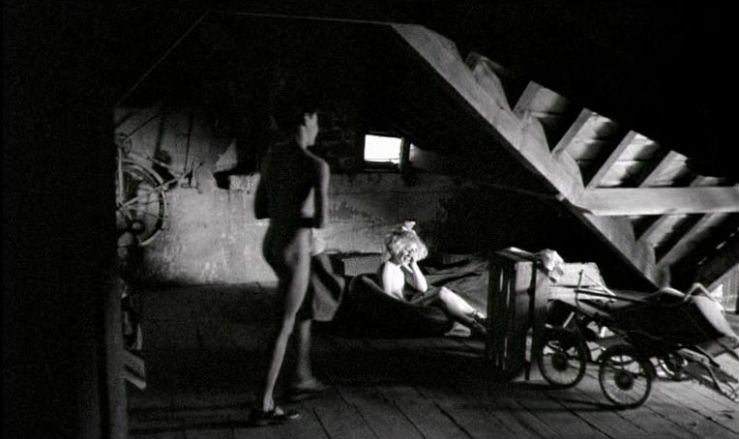
– “o que você fez durante esses dias?
– envelheci”.
(Raymond Queneau em “Zazie no Metrô”)
Amanhã é quarta-feira de cinzas e as ruas da cidade estão ótimas pra caminhar. Há um mundo de pessoas vestindo roupas coloridas, engraçadas, atrevidas. Andam em bandos a dançar, cantar e, às vezes, a gritar coisas que ninguém entende. E está tudo maravilhosamente bem. Entro na padaria e vejo um homem dos seus 50 anos usando saia curta cor de rosa e uma blusa feminina colada. Ele é atendido pelo garçom de maneira protocolar, e isso é ótimo: quatro dias de festa e já estamos habituados ao mundo das fantasias. Me levanto para pagar a conta e me pergunto porque, no dia seguinte, voltaremos a ter medo do que é diferente.
(O carnaval propõe uma nova direção de arte para o filme que passa todo os dias em nossas vidas).
Ando até o CineSesc, onde está em cartaz a a mostra “Carnaval em 35mm”. Anteontem fui ver “Jacquot de Nantes” (de Agnés Varda, 1991), e ontem foi a vez de “Zazie no Metrô” (de Louis Malle, 1960). São histórias que se desenrolam a partir da perspectiva de crianças que se encantam e desencantam com a cidade, a arte e os adultos. Ao primeiro, inclusive, fui às cegas, o que considero sempre uma aventura. No nosso universo ultra conectado, estar em um lugar sem saber o que vai acontecer é um ato de alta transgressão. Sem saber nada eu também ia hoje assistir a “Um dia, um gato” (Vojtech Jasny, 1963). Mas, quando estava a menos de um quilômetro de lá, começou uma chuva forte. Ironicamente, nesse momento eu estava em frente a outro cinema, o Cine Belas Artes. Entrei ali para me abrigar, e vendo que a água não terminaria seu trabalho tão cedo, me dispus a assistir a qualquer filme que estivesse em cartaz. Mas – ironia final – nenhum título me interessou. Restou-me sentar ao balcão, pedir um café e abrir o ótimo livro que trazia comigo, “Também os Brancos Sabem Dançar”, do angolano Kalaf Epalanga. O cinema estava lotado e as pessoas falavam alto demais, então quase não escutei as histórias que se davam ao meu lado. Em verdade, captei apenas duas: a de uma senhora telefonando ao filho cancelando o jantar que teriam logo mais. “Como assim, mãe, você não vem por causa da chuva?”, suponho que tenha sido a reação do outro lado da linha. “E a mamãe algum dia soube dirigir na chuva, André?”. Na minha frente, estão duas garotas na casa dos 20 anos, muito apaixonadas, comendo pipoca e falando sem parar. Uma diz à outra: meus pais não acreditam em Deus, não acreditam em nada. Por isso eu sou assim, não fica brava.
Ter permanecido em São Paulo foi estranho e interessante ao mesmo tempo. Ficar sozinho em casa faz um bem para aqueles que gostam (e por isso precisam) estar consigo, e é este o meu caso – ao que agradeço, porque estarei em minha companhia para sempre, então é bom que essa parceria seja agradável; mas isso foi acontecer bem no Carnaval, então não é só que minha parceira está viajando, mas também meus amigos, meus companheiros de trabalho, todas as outras partes da minha vida foram pular ou se esconder do Carnaval. Demorei a me acostumar com o silêncio permanente e em fazer café para apenas um. Outra coisa: inéditos barulhos surgem a todo momento, seja lá em qual cômodo eu esteja. Desconfio que a casa faça isso para me pregar peças e se divertir um pouco, a casa também está entediada, ela também está com saudades da Ju.
Ir ao cinema é uma atividade que me interessa desde muito pequeno. Em Franca, cheguei a ver alguns filmes na única sala de rua da cidade. Um dia, ele não estava mais ali, e em seu lugar, brilhava uma igreja evangélica. Aí, na pré-pré-adolescência, o jeito era ir ao shopping – um espaço privado que a gente ingenuamente comprava como público. Todos os meus amigos com 9 ou 10 anos de idade ansiavam pelo dia em que os pais os sozinhos naquele espaço cheio de lojas e seguranças, a gastar 10 reais em McDonalds, sorvetes, jogos de fliperama e ainda guardar o que sobrava para voltar na próxima semana. Eu também ansiava por esse momento, mas com outros interesses. O primeiro acho que era comum a todos nós: ficar longe da vigilância dos pais. Não éramos mais crianças, mas por nada no mundo eles entendiam isso. Tínhamos nossas próprias ideias sobre a melhor forma de curtir uma tarde de terça-feira, mas quem disse que nos ouviam? Lição de casa, aula de inglês, às vezes castigos no quarto, esses eram os planos deles pra nós.
O segundo motivo eram as garotas – as garotas de outros bairros e outras escolas, cujos cabelos e roupas nada tinham a ver com as garotas da minha escola. Havia um ar de protesto naquelas meninas que tinham seu próprio estilo, falavam de qualquer assunto e não temiam conversar com os meninos de gel no cabelo e camiseta de marca, como éramos eu e meus amigos. Conhecê-las – e me apaixonar perdidamente por duas delas, tragicamente duas irmãs – está no topo da lista de pequenos acontecimentos revolucionários que vivenciei.
A última razão para ir ao shopping era o cinema. Recordo vivamente de quando assisti pela primeira vez a “Mudança de Hábito”. Uma mulher que transforma a caretice geral de um convento com música? Saí de lá vingado, extasiado, e assim também estava meu primo, que propôs que voltássemos quantas vezes fosse possível. Era férias e tínhamos moedas, e assim assistimos ao filme mais cinco vezes naquela semana. Saíamos de lá e sabíamos reencenar cada cena, imitar a dança dos personagens e até falar dublado por um ou dois dias. Quando as aulas voltassem, bem que Whoopi Goldberg poderia aparecer na minha escola e nos salvar. E ela ainda tinha esse nome, Whoopi, que na época me parecia um feliz grito de vitória.
Essa é a minha primeira memória sobre o efeito do cinema no meu corpo e no meu pensamento. Muitas vezes mais senti isso, e ainda ontem foi assim. Pouco depois de descobrir a Whoopi, fui a São Paulo visitar meu pai. Ele sugeriu irmos ao cinema. Nós dois não tínhamos muita intimidade um com o outro naquela época. Eu era um pré-pré-adolescente em transformação diária, e nos víamos apenas uma vez por mês ou coisa assim. De modo que com ele fiquei à vontade para ativar o que eu nomeei “modo personagem”, o que significava, basicamente, passar a falar como se eu fosse um personagem de filme. Dava trabalho: era preciso ficar atento ao meu vocabulário, ao tom de voz, ao tipo de risada e manter o ar meio blasé-inteligente que meus heróis cinematográficos da época – não sei explicar a razão – tinham. Uma dormida no ponto e eu voltaria a ser o velho Eduardo, personagem secundário de filme nenhum. Tratava-se de uma missão de alta periculosidade, 24 horas por dia, 7 dias por semana.
Nessa noite, assistimos a um filme que ambos gostaram muito. É pena eu não recordar o nome ou sobre o que era. O que não esqueço é que, na saída da sessão, ainda com as luzes a doer nos olhos, perguntei a meu pai o que ele tinha achado da história. As palavras saiam da sua boca e tive de conter meu susto. Ele estava falando exatamente como o personagem principal.
***
foto: cena de “Jacquot de Nantes“, de Agnes Varda, 1991.

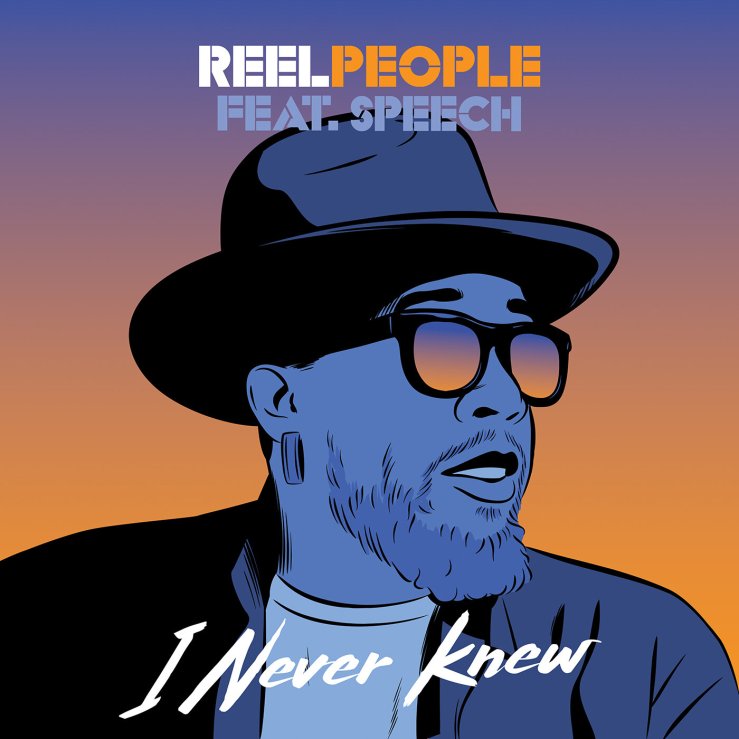
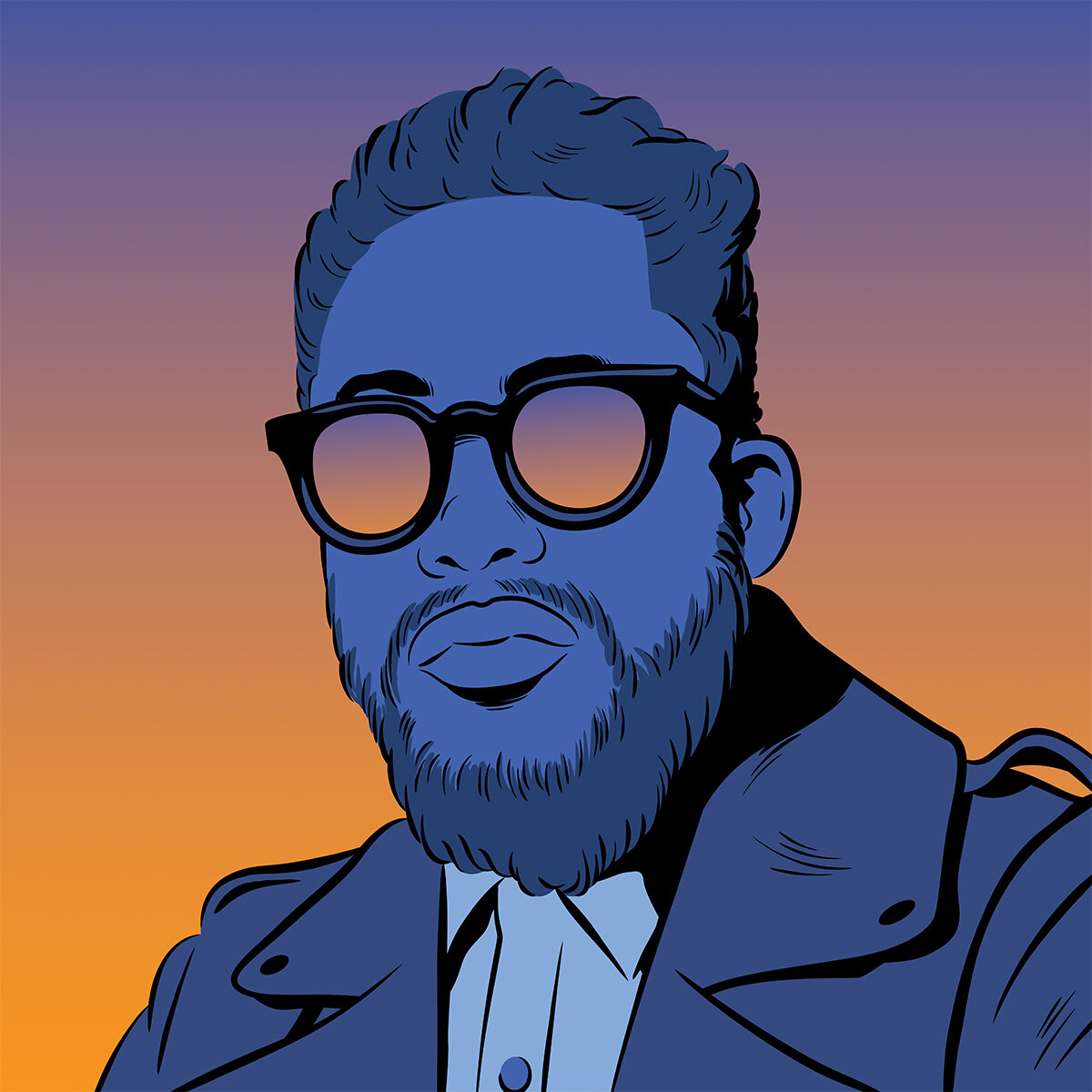
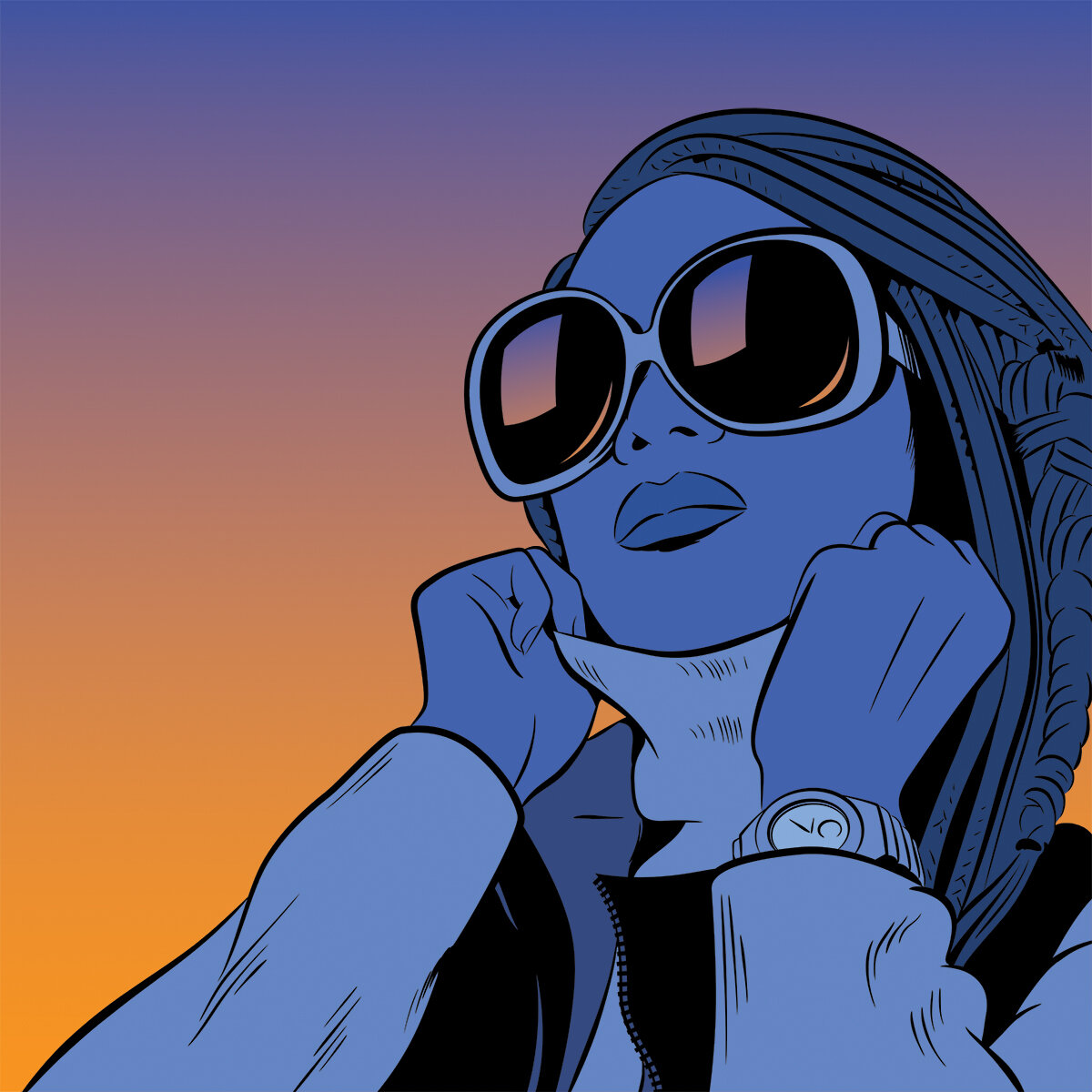
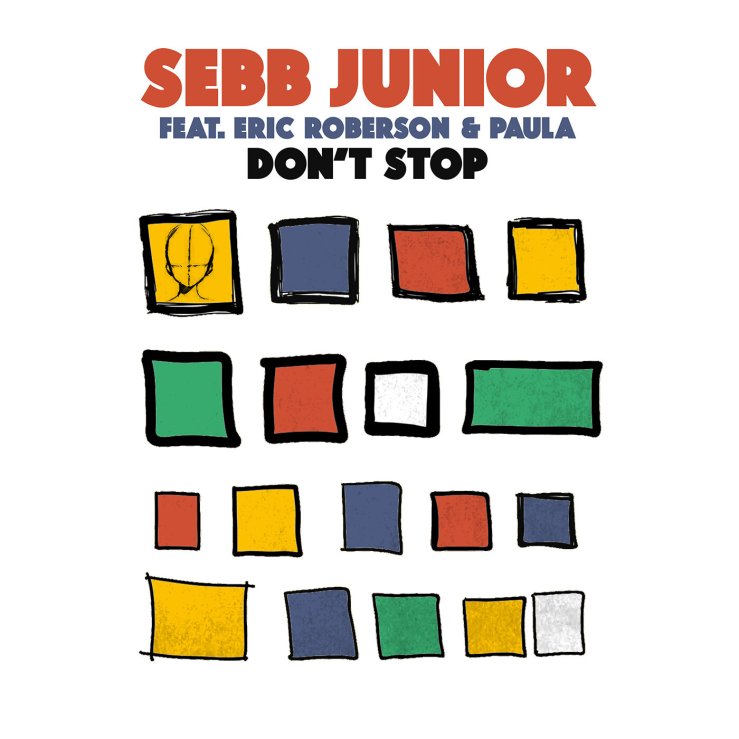
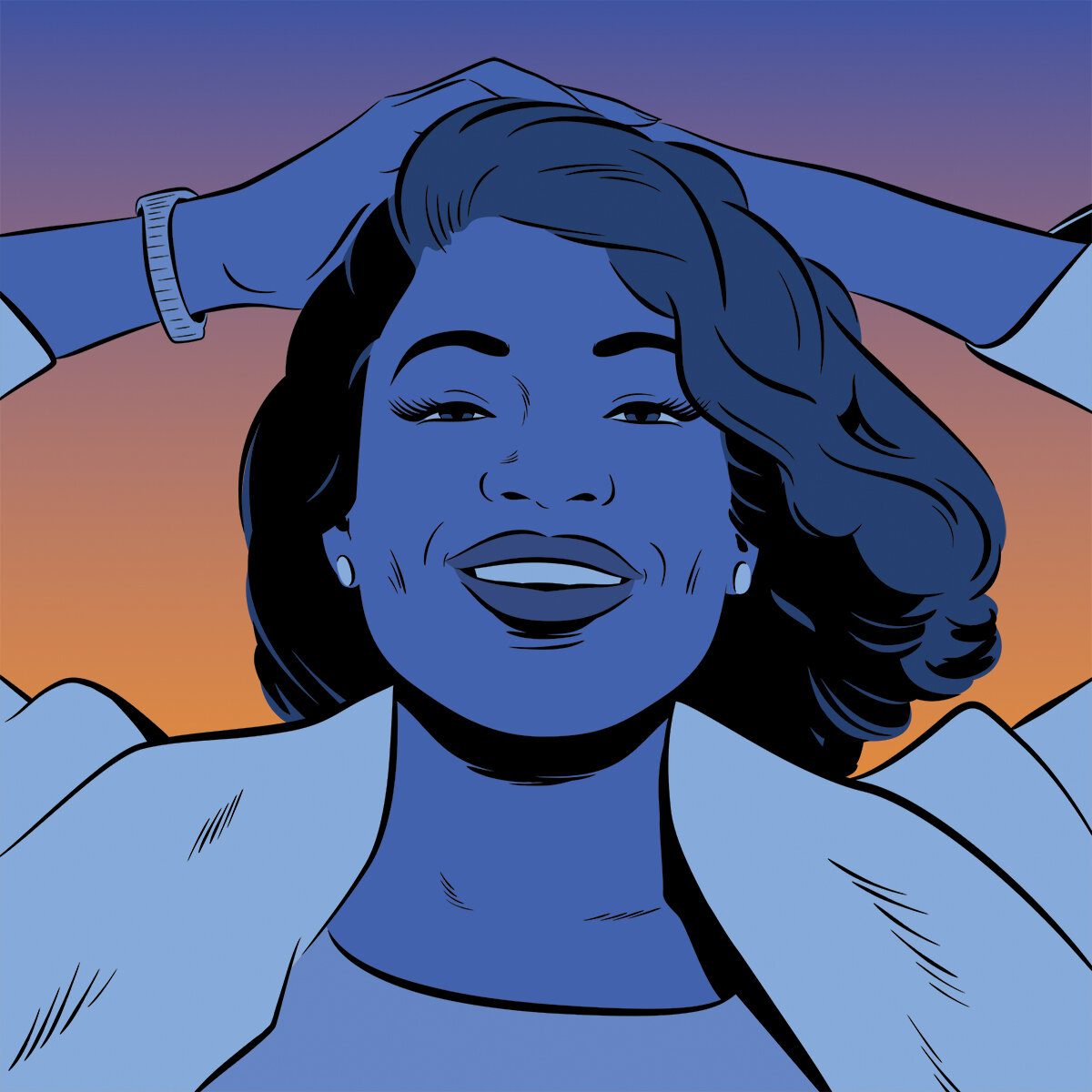









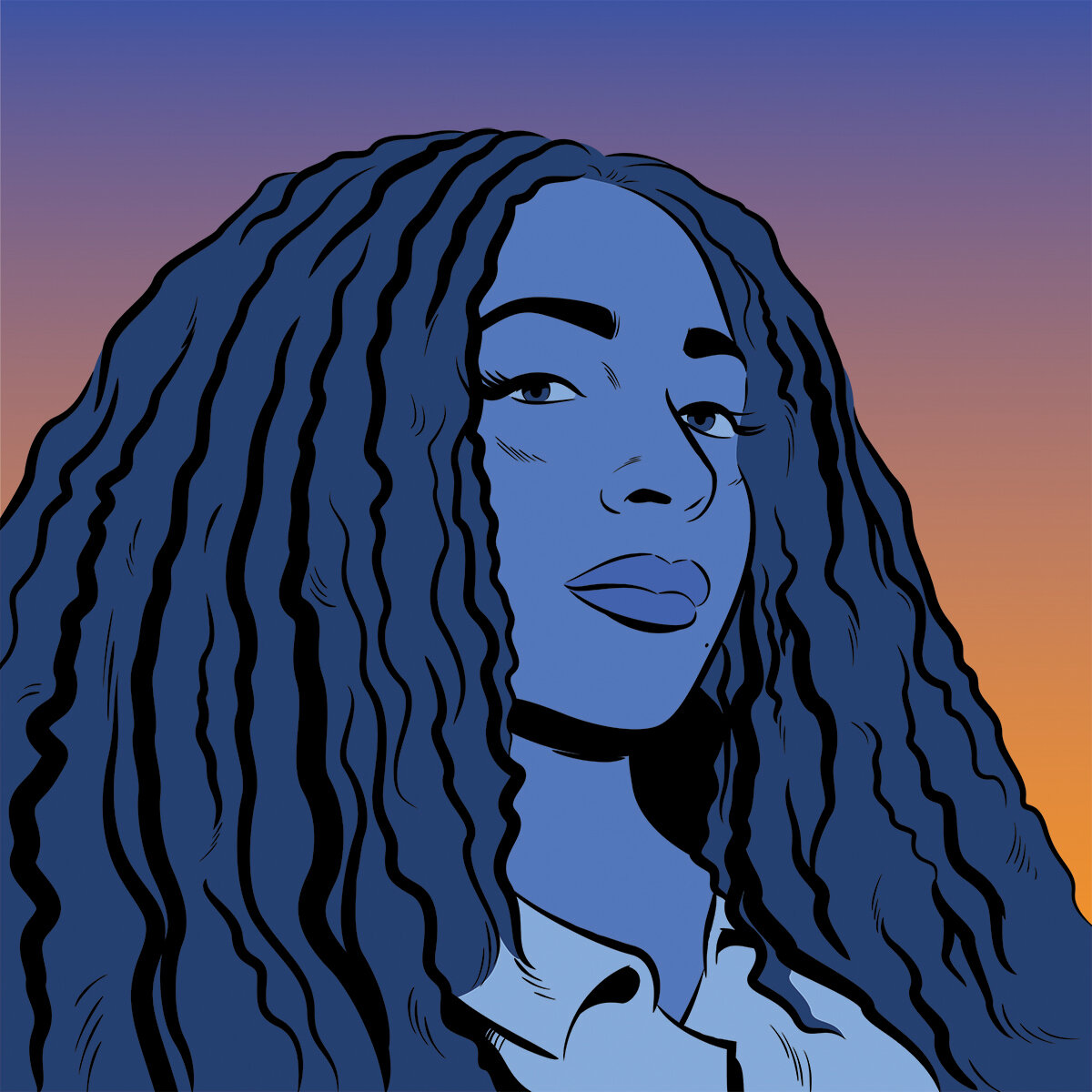
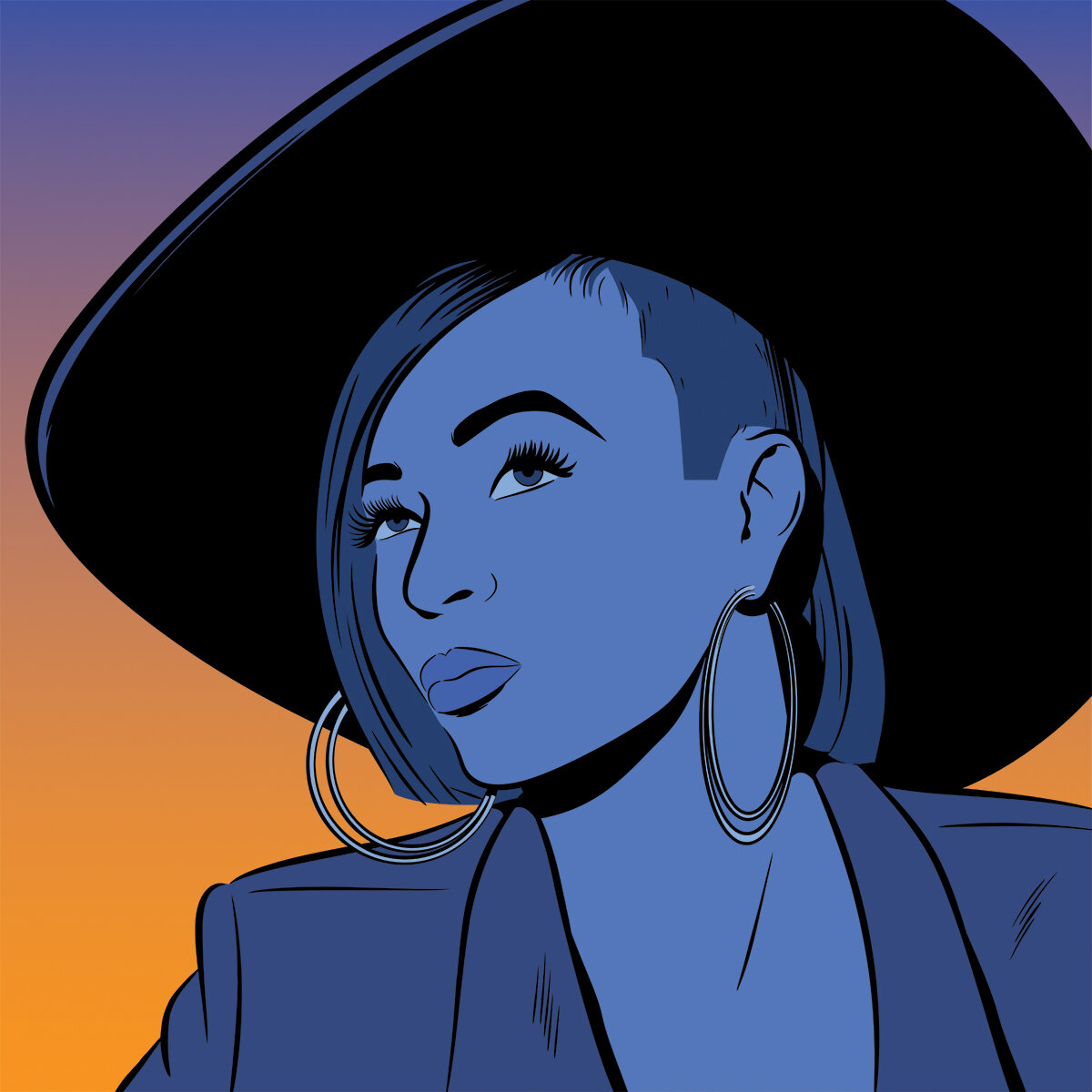









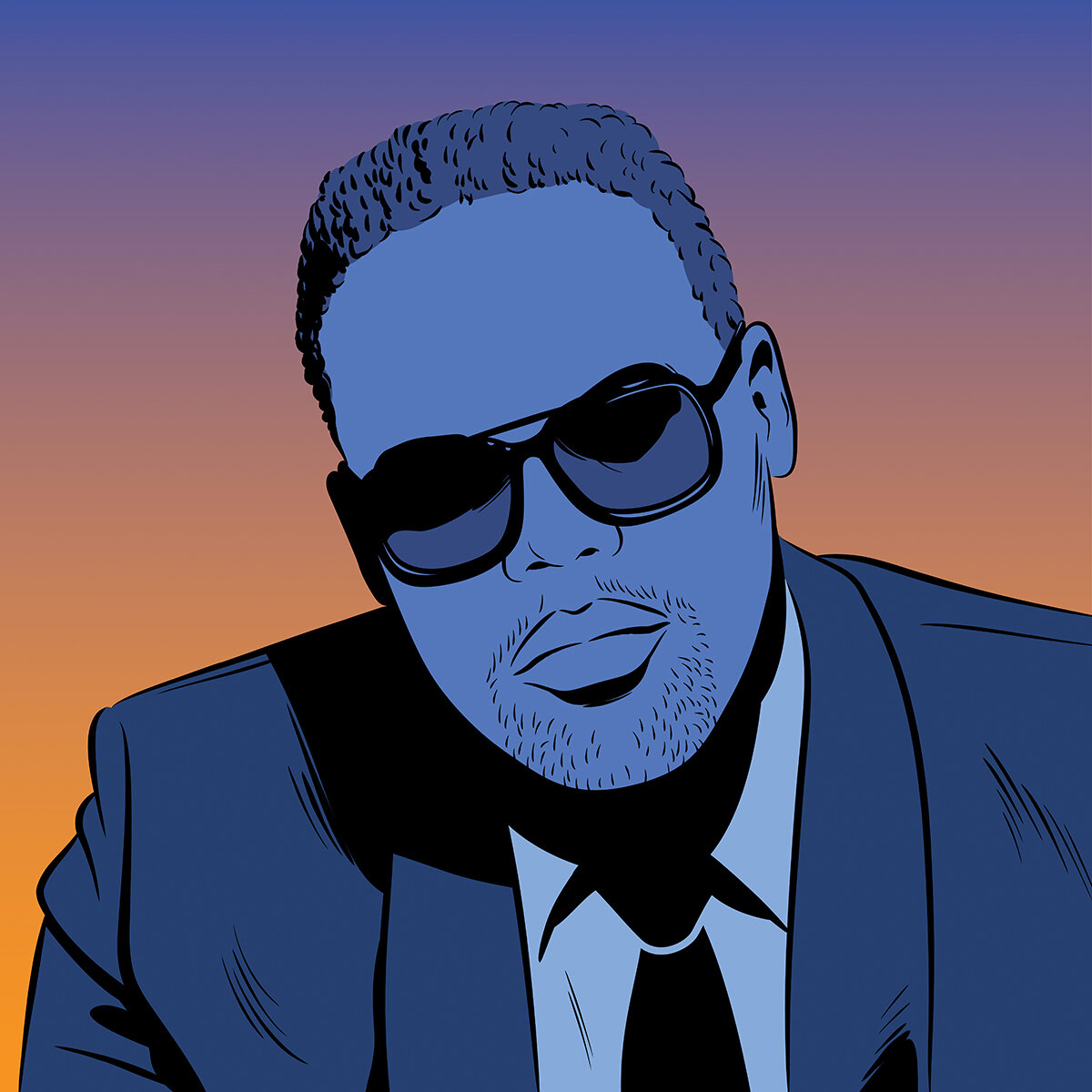
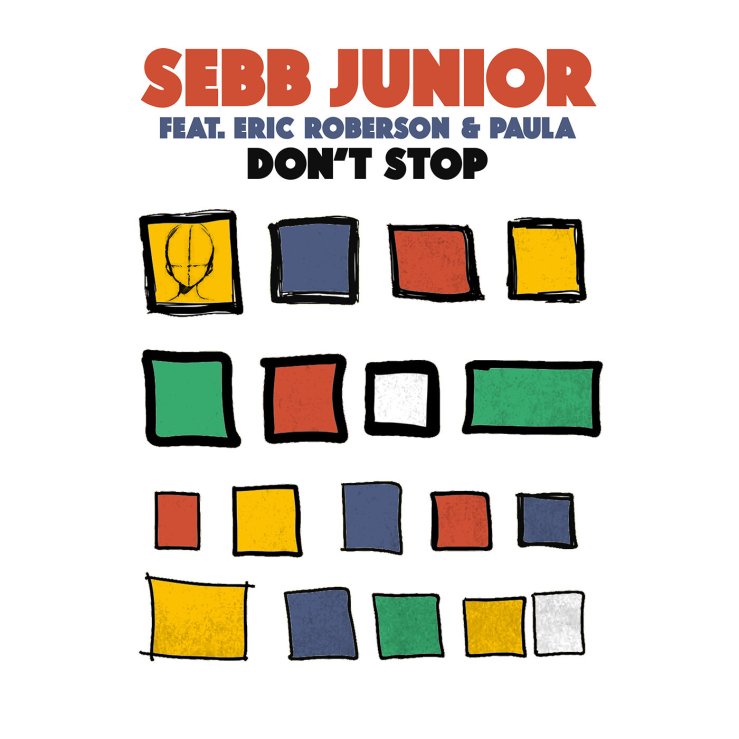
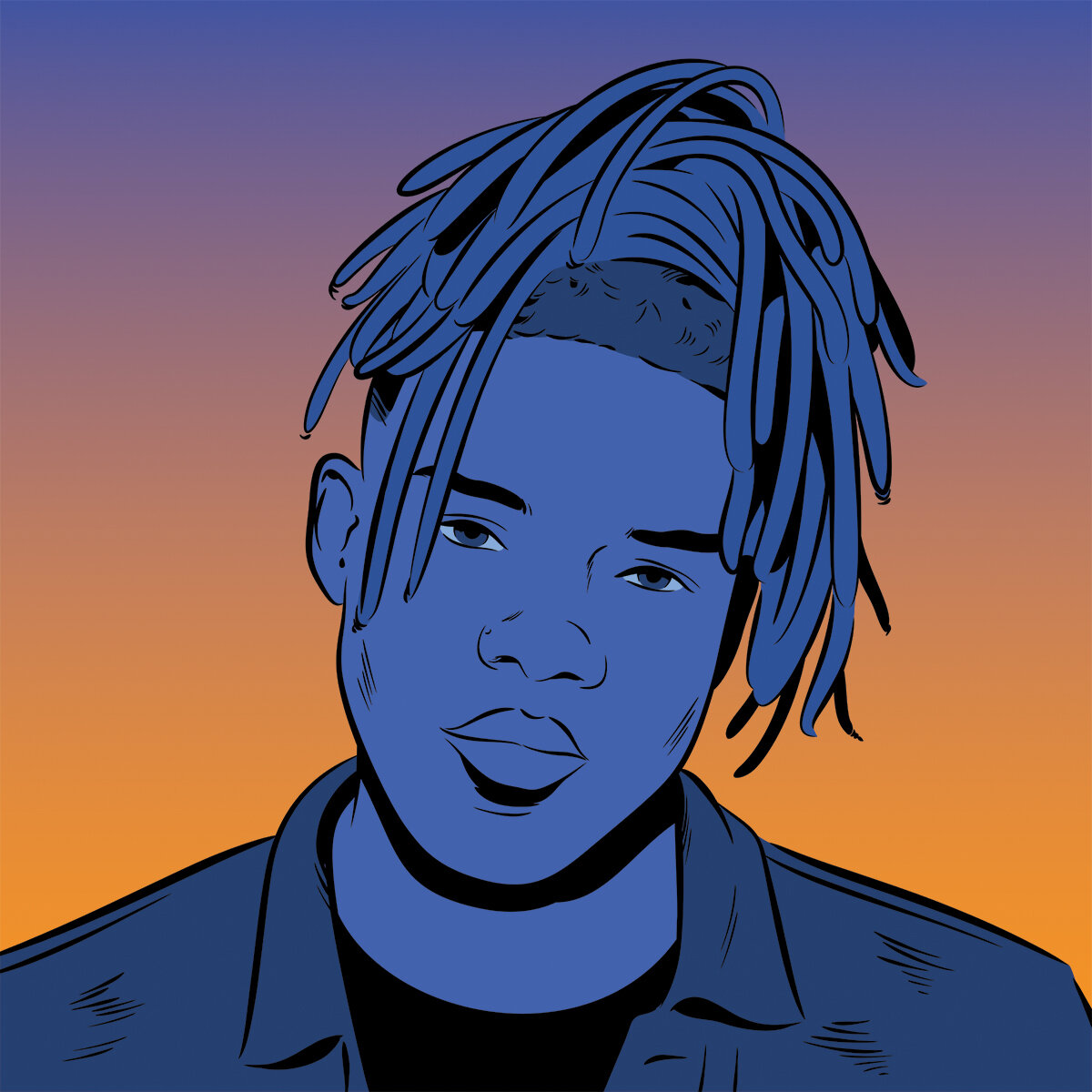
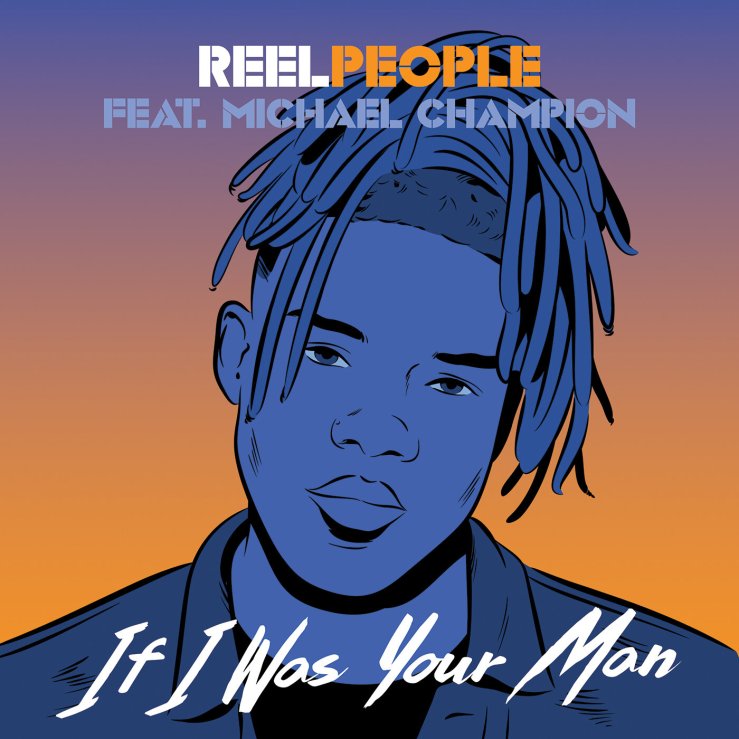

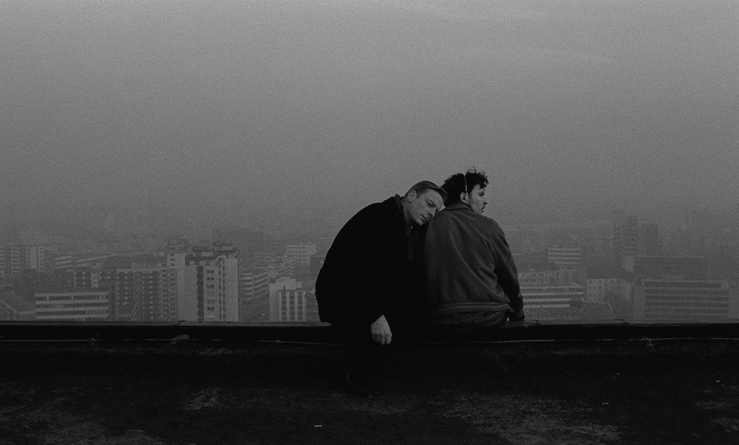
Lorem ipsum dolor sit amet, consectetur adipiscing elit. Vestibulum id ligula porta felis euismod semper.